Know how kiwi can help ease constipation symptoms
Sun 19 Oct 2025, 01:16:16
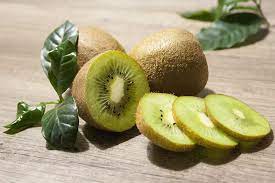
If you have ever felt that uncomfortable, blocked-up sensation where your system just refuses to cooperate, you’re not alone. Chronic constipation affects a lot of people. Over time, scientists and dietitians have conducted studies to identify foods that reliably help alleviate constipation symptoms. Recently, fresh guidelines published by the British Dietetic Association have emphasised the benefits of kiwi, rye bread, and certain supplements in improving constipation symptoms, according to a report by NBC News.
The idea is that some foods do more than just “bulk up the stool.” They soften it, give it structure, stimulate the gut a little, or add the minerals your muscles (including gut muscles) need to move things along.
The lead author of the guidelines, Eirini Dimidi, stated that the majority of the current advice for treating chronic constipation is centred on medications.
The Foods That Can Make a Difference
Here’s a breakdown of how these foods are thought to work, and how you might try them in your daily life.
Kiwi (Kiwifruit)
Kiwi is rich in both soluble and insoluble fibre, and also contains an enzyme called actinidin, which may help digestion by encouraging muscle contractions in the gut. Some studies suggest that people with chronic constipation who eat kiwi regularly have more frequent bowel movements.
Eat 1–2 kiwis daily (with or without skin, if you tolerate it). Add to your breakfast bowl, yoghurt, or eat it plain.
Rye Bread
Rye bread, especially whole-grain rye, offers a type of soluble fibre that absorbs water, softening stool and increasing its bulk — which helps your gut push it through. Some research finds rye bread more effective than many generic “fibre-increase” offerings.
Swap part of your regular bread for
rye. Try rye toast, sandwiches, or mix rye flour into baked goods.
rye. Try rye toast, sandwiches, or mix rye flour into baked goods.
Magnesium / Mineral Water
Magnesium is a known laxative when used appropriately. Mineral water high in magnesium can help draw water into the intestines, easing passage. Some guidelines now suggest mineral water (with higher magnesium) over plain tap water for this reason.
Drink mineral water with known magnesium content (if available). Your doctor may also suggest magnesium supplements (such as magnesium oxide), but only under supervision.
Probiotics and Fibre Supplements
While most guidelines still keep fibre supplements (like psyllium) and certain probiotic strains in their toolbox, they now emphasise food first. Supplements can help if you can’t meet fibre needs via food.
Try a small dose of psyllium or a probiotic strain your doctor recommends — but don’t rely solely on them. Use them as part of a varied diet.
Prunes / Dried Fruits
These have long been home remedies. Prunes, raisins, and dried apricots are rich in fibre and certain natural sugars (like sorbitol) that can have a mild osmotic effect (drawing water into stool).
Add prunes or dried fruits as snacks or part of meals, but watch sugar content and how your body tolerates them.
Dimidi expressed her hope that the guidelines' publication will "empower" people who suffer from persistent constipation.
“We’re hoping [the guidance] means that clinicians are very well-informed and can provide personalised advice to their patients that is very effective,” Dimidi said. “But also that people themselves with constipation can access now evidence-based information, feel empowered to take control of the symptoms and improve a condition that has a tremendous impact on quality of life,” she added.
No Comments For This Post, Be first to write a Comment.
Most viewed from Health
AIMIM News
Latest Urdu News
Most Viewed
May 26, 2020
Can Lionel Messi's visit boost Indian football?
Latest Videos View All
Like Us
Home
About Us
Advertise With Us
All Polls
Epaper Archives
Privacy Policy
Contact Us
Download Etemaad App
© 2026 Etemaad Daily News, All Rights Reserved.





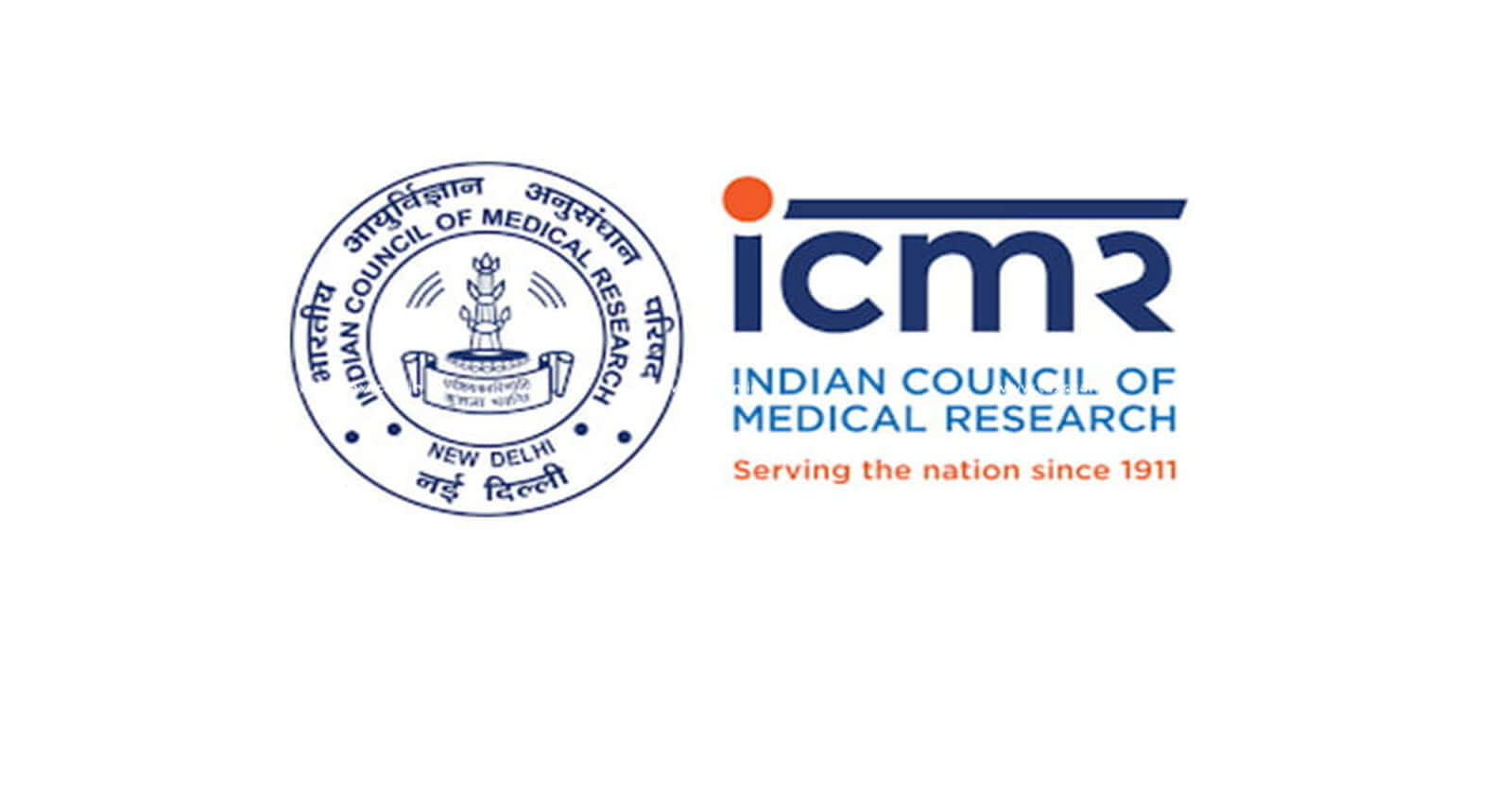
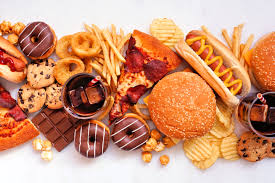



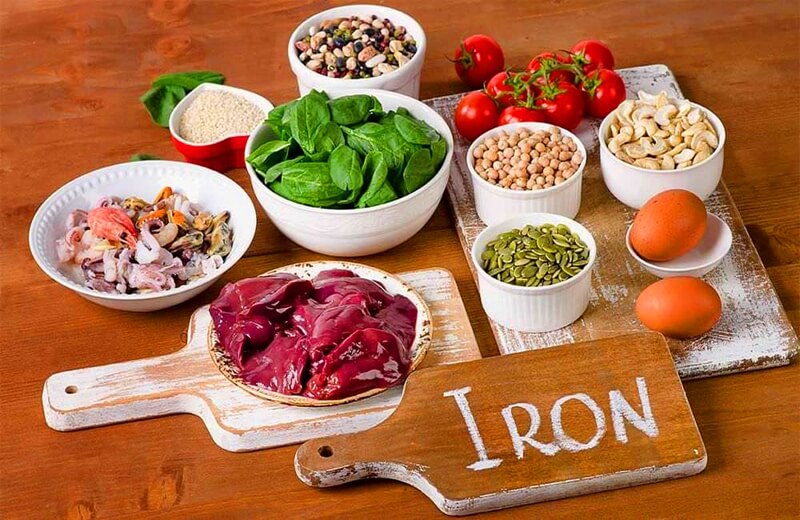
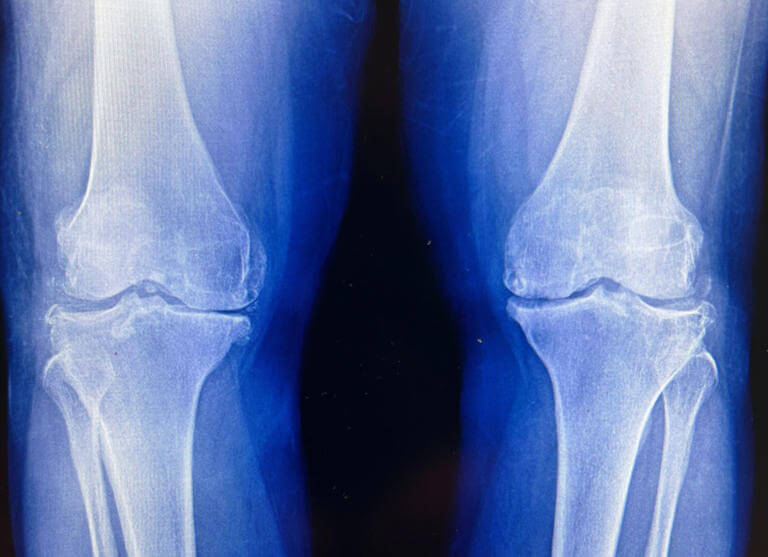













.jpg)
.jpg)
.jpg)


